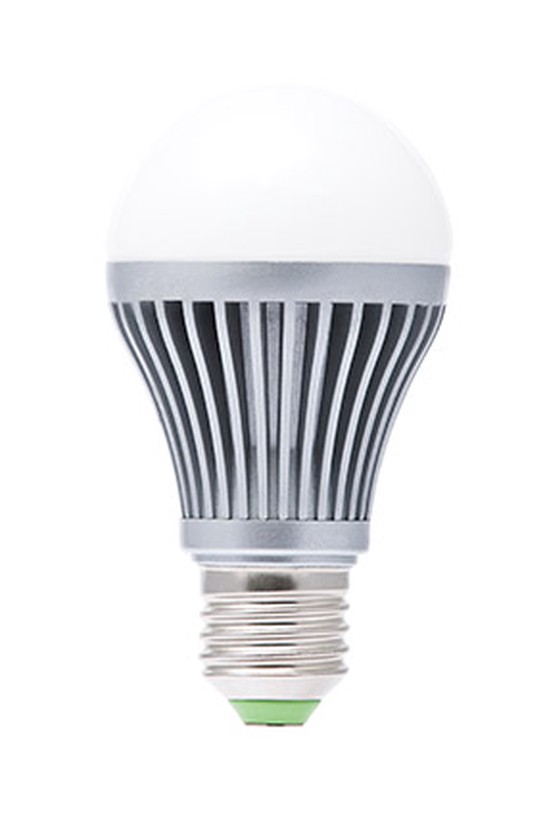8 Things You Are Doing the Wrong Way
We found the real reason our bedtime reading is keeping us up—along with 7 other everyday habits we're going about the wrong way...and what to try instead.
By Jena Pincott
Case No. 2: Reading in Bed
We all know that using a computer, tablet or smartphone at night can interfere with sleep (the blue light, so similar to daylight, suppresses production of the sleep-inducing hormone melatonin). But that new energy-efficient compact fluorescent or LED bulb in your nightstand lamp—the one that so competently illuminates your bedtime page-turner—also casts a blue light and carries the same risk of nighttime wakefulness. (The old incandescents emitted much less blue.)
Try instead: Clamp a tiny incandescent book light (like the Itty Bitty Book Light) on the spine of an actual book or a non-backlit device such as the Kindle. Or consider blue-blocking amber goggles, available at Amazon); they've been proven to prevent melatonin suppression—even when worn under very bright blue light —found a study at the University of Toronto's Sleep Research Laboratory.
You could also limit fluorescent or LED-light exposure right before bedtime to less than hour—a safe level of melatonin suppression, found a study at Rensselaer Polytechnic Institute.
Try instead: Clamp a tiny incandescent book light (like the Itty Bitty Book Light) on the spine of an actual book or a non-backlit device such as the Kindle. Or consider blue-blocking amber goggles, available at Amazon); they've been proven to prevent melatonin suppression—even when worn under very bright blue light —found a study at the University of Toronto's Sleep Research Laboratory.
You could also limit fluorescent or LED-light exposure right before bedtime to less than hour—a safe level of melatonin suppression, found a study at Rensselaer Polytechnic Institute.
Published 08/29/2013


